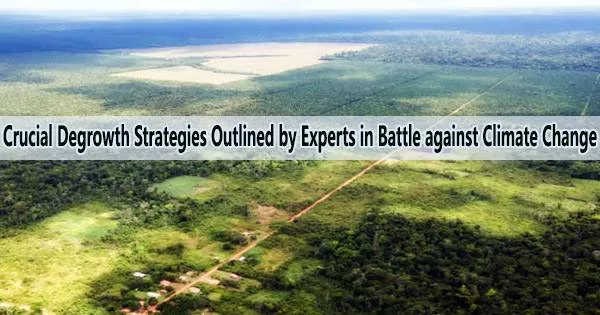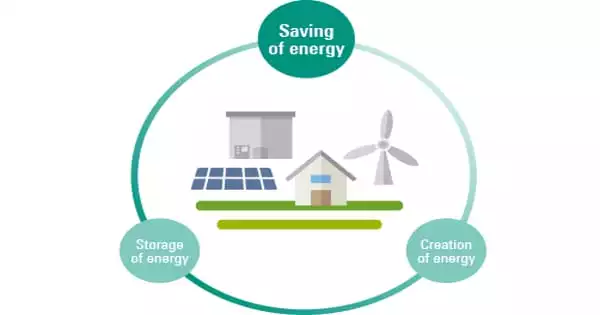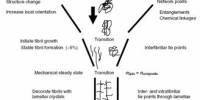Degrowth strategies would protect human necessities and well-being while effectively combating climate change and biodiversity loss. This strategy should be taken into consideration, according to recent reports from the Intergovernmental Panel on Climate Change (IPCC) and the Intergovernmental Science Policy Platform on Biodiversity and Ecosystem Services (IPBES), but a just transition to a post-growth economic model presents a number of difficulties.
An article in Nature today by eight top eco-economists aims to speed up this transition process by offering governments all around the world a strategic policy framework to help developed nations save resources and energy while enhancing social outcomes.
The scientific group, which includes Jason Hickel and Giorgos Kallis of the Institute of Environmental Science and Technology of the Universitat Autònoma de Barcelona (ICTA-UAB), makes a series of recommendations that will enable governments to stabilise the economy in a post-growth transition, including universal public services such as health, education and housing, among others, as well as a job guarantee, working time reductions and a fairer distribution of income.
The authors also list five methods that scientists and policymakers should work together to achieve a just transition.
The pursuit of economic growth constantly rising levels of industrial production, as measured by GDP is a major contributor to the ecological problem. Because of their excessive use of resources, high-income economies, its affluent elites, and the companies that rule them are mostly to blame for this issue.
The dominant assumption in economics today is that every sector of the economy must grow, all the time, regardless of whether we actually need it. In the middle of an ecological emergency, this is dangerous and irrational. We should focus instead on producing what we know is necessary to achieve social and ecological goals things like universal healthcare, affordable housing, public transit and renewable energy while reducing destructive industries like SUVs, fast fashion and mass-produced beef.
As Jason Hickel
As Jason Hickel, the lead author and professor at ICTA-UAB, explains, “in our existing economy, production is organized around the interests of capital accumulation rather than around human well-being. The result is a system that overuses resources and yet still fails to meet many basic human needs. It is failing both people and planet.”
The experts contend that high-income countries should give up aggregate growth as a goal in favor of providing basic human necessities and well-being, while minimizing unneeded forms of production and the excess wealth of the wealthy. This approach, known as degrowth, can enable rapid decarbonization and stop other forms of ecological breakdown.
As Hickel puts it, “The dominant assumption in economics today is that every sector of the economy must grow, all the time, regardless of whether we actually need it. In the middle of an ecological emergency, this is dangerous and irrational. We should focus instead on producing what we know is necessary to achieve social and ecological goals things like universal healthcare, affordable housing, public transit and renewable energy while reducing destructive industries like SUVs, fast fashion and mass-produced beef.”
Giorgos Kallis, ICREA professor at ICTA-UAB, notes that there is solid evidence on the types of policies that can help countries move in a degrowth direction: working hour reductions, a green job guarantee, or a universal basic income.
Nonetheless, there are still many unanswered questions regarding the ways in which institutions and systems depend on growth for their stability. Researchers can assist in identifying these dependencies and how to get around them.
Co-author Julia Steinberger, professor at Lausanne University, says, “The growth-dependence of current economies is a danger to all of us, both for social and for ecological reasons. Degrowth research thus constitutes a vital lifeline: a robust way to consider radical alternatives for humanity to make it through the 21st century, flourishing within planetary boundaries.”
The authors point out that, in contrast to recession, which happens when growth-dependent economies fail to grow, degrowth is a deliberate approach to stabilize economies and fulfill social and ecological goals.
















